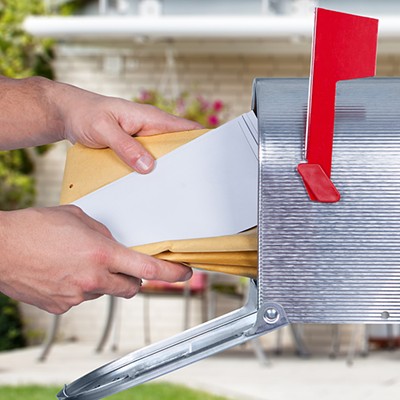Buying a home is a thrilling milestone in life, representing independence, stability and a place to call your own. However, amid the excitement of house hunting and envisioning your dream space, it's crucial to understand the financial landscape that accompanies it. Beyond the actual price, prospective homebuyers must grapple with myriad upfront and/or out-of-pocket costs.
First and foremost, the down payment looms large as a substantial upfront cost. People often talk about putting down 20% to avoid private mortgage insurance as well as obtain better loan terms. For many first-time homebuyers, scraping together such a sizable sum can feel overwhelming, necessitating careful budgeting and potentially exploring options through government-backed programs or down payment assistance programs. I am including earnest money in the "down payment" category, as once the earnest money is deposited with escrow it is essentially part of the down payment, unless the transaction is canceled, in which case the contract itself specifies how the earnest money funds shall be returned.
Closing costs represent another significant out-of-pocket expense. Typically, in the state of Oregon, unless specified in the contract, the buyers and sellers pay for their own closing costs. These fees include title insurance, administrative costs and property taxes as well as escrow accounts. Closing costs typically amount to 2%-5% of the purchase price. The exact figure can vary based on location, time of the year and month closing occurs, as well as lender requirements. Be aware of these expenses and have the needed funds to avoid last-minute financial strain.
Also consider the costs associated with obtaining a mortgage, including loan origination fees, application fees and credit report fees. While these may seem nominal, they can add up quickly, further increasing the financial burden.
Home inspections represent another expense that buyers should budget for when beginning to look into making a home purchase. While not typically required by lenders, home inspections provide invaluable insight into the condition of the property, identifying potential issues that may not be apparent during a walkthrough. From structural concerns to hidden defects, a thorough home inspection can save buyers thousands of dollars in unforeseen repairs down the line, which makes it money well spent. Typically, $400-$800 is common for inspections in Central Oregon, depending on the property.
While the prospect of homeownership is undoubtedly exciting, it's essential for prospective buyers to enter the market with a clear understanding of the upfront and out-of-pocket costs involved. From the down payment, closing costs, mortgage fees and home inspections, purchasing a home demands careful financial planning and foresight. By budgeting diligently and accounting for these expenses upfront, buyers can navigate the homebuying process with confidence, ensuring their dream home remains within reach without breaking the bank.





















